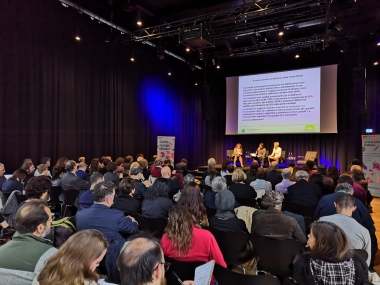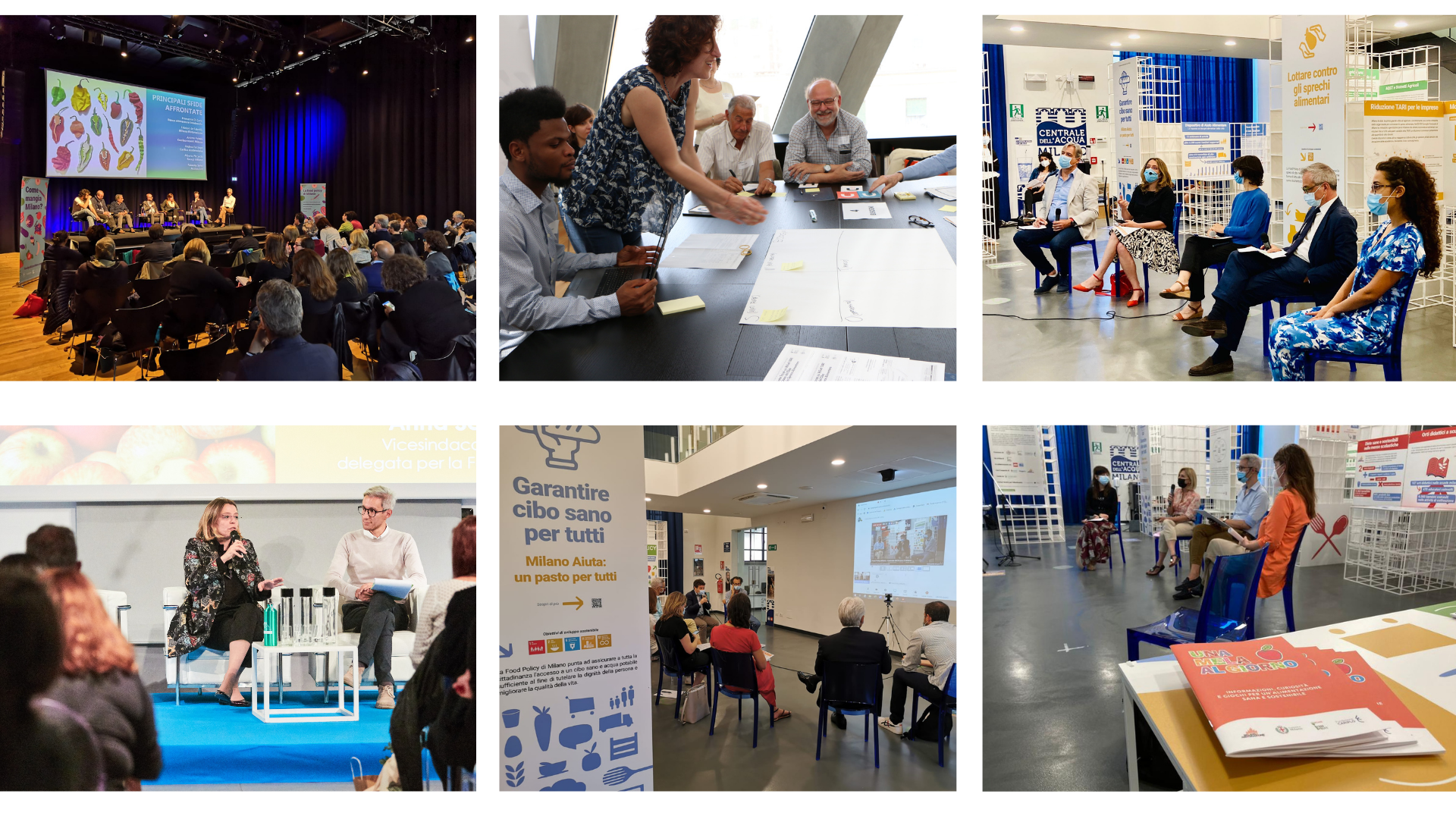Communities of practice and stakeholder's involvement in the Urbact project
Edited on
03 March 2022The sharing of knowledge and experiences among different actors that take part to a food system is very important in order to improve actions. This is particularly true in the process of defining a Food Policy at urban level but also in the implementation of new actions. What type of tools can be used in order to build a shared vision on specific issues?

The Milan Food Policy, through the five priorities approved in 2015 by the City Council, acts on the Milan food system with the aim of making it more sustainable, healthy and inclusive and by promoting participation and dialogue between multiple public and private actors.
Among the several opportunities and tools that can be used and set up at local level, the so-called "Communities of Practice" seems to be among the most effective and in order to involve actors.
These meetings call the various players, in a selected field, to present and discuss their experiences and findings and facilitate the analysis and study on that topic, also in view of future work. The main objectives are the communication of the actions in progress; the sharing experiences and good practices; the collection of feedback and proposals from the main parties involved or interested.
Since 2018, 16 Communities of Practice have been realized involving more than 50 public and private stakeholders.
Last year the Milan Food Policy promoted four Communities of practice on the following topics:
- Short supply chains as a tool to innovate the market
- Food aid system at city level
- Education on healthy and sustainable diets
- Circular economy and food waste reduction

Within the NextAgri project this practice will be used together with the Urbact methodology to mobilize the urbact local group and to widen the perspective of different stakeholders that are already working on the project issues.
The Community of practice indeed, can be used to present main findings and outputs of the project and strengthen the analysis on stakehiolder’s engagement.
As an effective example, in 2019 the Community of practice realized within the Milan Green Week and dedicated to school gardens, has involved teachers, associations, experts and citizens on the issue of promoting this practice at municipal level: the main output was the proposal of a set of Guidelines for schools in order to prepare an effective and participated project at community level.
The communities of practice deliver a model of knowledge sharing and, when possible, can be drivers of a policy making process to support the spreading of good practices.
 Submitted by Cristina Sossan on
Submitted by Cristina Sossan on
